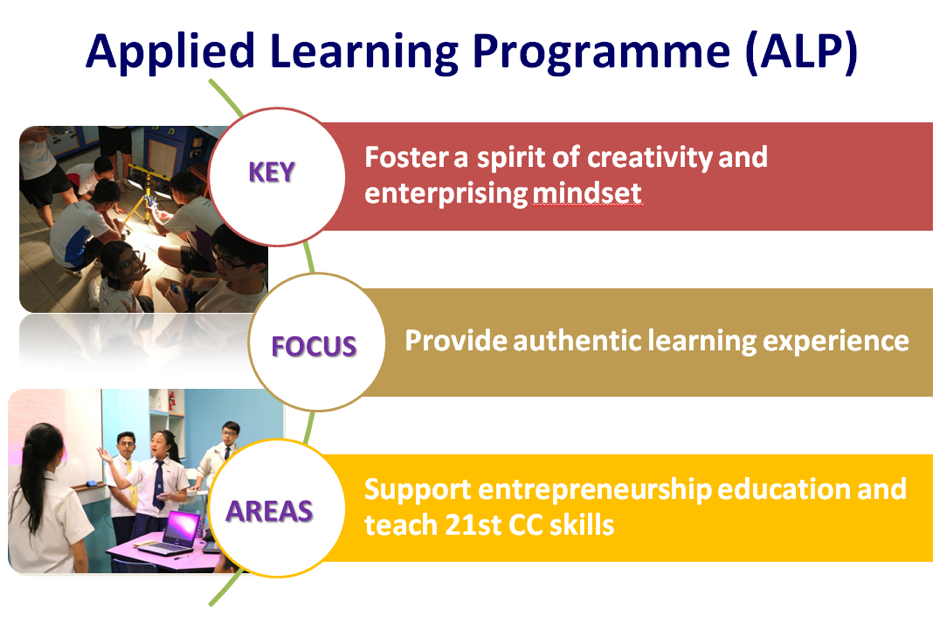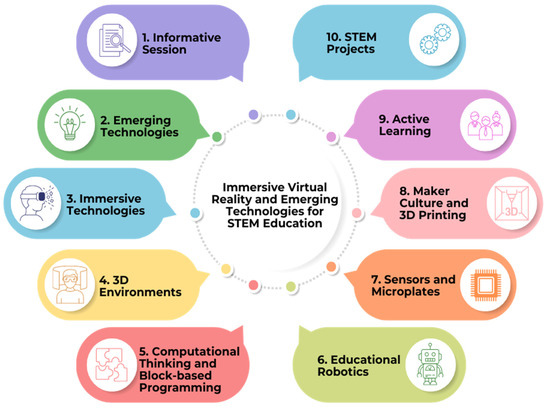Ambleside Philosophy Of Education
 The College of Philosophy and Education consists of two departments: the Division of Philosophy and the Department of Education. Certainly, when one surveys accounts of the sector of philosophy of education from the 1990s forward, they almost all chart the history as one of the rise to dominance of an analytical strategy and then a succession of critiques and assaults upon it.
The College of Philosophy and Education consists of two departments: the Division of Philosophy and the Department of Education. Certainly, when one surveys accounts of the sector of philosophy of education from the 1990s forward, they almost all chart the history as one of the rise to dominance of an analytical strategy and then a succession of critiques and assaults upon it.
Waldorf education (often known as Steiner or Steiner-Waldorf education) is a humanistic approach to pedagogy based upon the educational philosophy of the Austrian thinker Rudolf Steiner, the founding father of anthroposophy Learning is interdisciplinary, integrating sensible, creative, and conceptual elements.
These collections cope with the character and theory of the philosophy of education ( Archambault 1972 , Lucas 1969 ) or present important and helpful handbooks of philosophy of education ( Siegel 2009 ; Bailey, et al. 2010 ; Blake, et al. 2003 ). Within the two anthologies included in this part, authentic texts of key thinkers are included ( Curren 2007 , Cahn 2009 ), whereas Cahn 2009 follows every authentic textual content with an interpretative essay..jpg)
Also Scheffler’s Circumstances of Data (1965), nonetheless the most effective introduction to the epistemological side of philosophy of education, and his Reason and Teaching (1973/1989), which in a large-ranging and influential series of essays makes the case for relating to the fostering of rationality/critical thinking as a basic educational perfect.
A part of the reason for this diffuse state of affairs is that, fairly fairly, many philosophers of education have the objective (strengthened by their institutional affiliation with Schools of Education and their involvement in the preliminary training of lecturers) of contributing not to philosophy but to educational policy and follow.

 …
…






